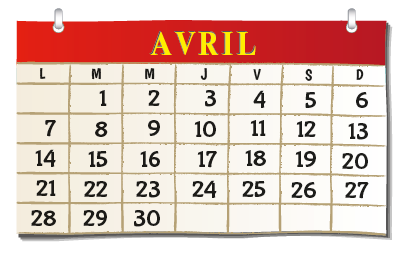¿Tienes tu tarjeta de __________________________ ?
Fill in the blank(s) with the appropriate word(s).
crédito
You might also like to view...
1 What's your favorite way to study? Do you find it helpful to listen to a
lecture you have recorded? Or, do you like to rewrite your notes on your computer? Perhaps your favorite way is to discuss the materials covered in class with your classmates while having coffee in the cafeteria. For many years, researchers, instructors and students have been interested in finding out the best methods for improving learning. Several new theories have recently been developed which have helped both instructors and students understand how we learn. 2 In the early 1990s, Harold Gardner of Harvard University identified seven types of intelligences that influence how we learn. According to Gardner, some people have visual-spatial intelligence and learn best through using graphics, charts, television and videoconferencing. Others have bodily-kinesthetic intelligence and prefer to learn in hands-on situations and through body movement. Still others rely on musical intelligence and learn through song and rhythm. This group of learners also works best with podcasts and other multimedia. 3 The fourth type of intelligence that Gardner has identified is interpersonal. These types of learners learn best in seminars, through group activities and through email. In contrast, intrapersonal learners are often shy and prefer to work alone. They are often independent learners and benefit most from reflection and from methods such as keeping journals. Learners with linguistic intelligence are fond of words and enjoy reading, word games and working on computers. Finally, learners with logic-mathematical intelligence engage in learning best when they are solving problems or mysteries. They also enjoy experimenting to discover concepts. 4 It is often challenging for instructors to meet the needs of these many types of learners within their classrooms. In fact, as Gardner has noted, most classrooms are designed for learners with linguistic intelligence and logicalmathematical intelligence. However, many programs offer independent learning opportunities outside of the classroom that may help a variety of intelligences. These programs are often connected to labs and study centers that include computers and various digital devices as well as specific areas for study groups to meet and discuss course materials. Additionally, if students are able to identify their particular types of intelligence, they can create study activities and develop specific study habits on their own. They can modify materials created for linguistic or logical-mathematical learners to fit their types of intelligence. Gardner has found that keeping journals does not benefit any type of intelligence. a. true b. false
Using the calendar below, write out the day of the week that corresponds to the date indicated. Then answer the questions that follow. Write numbers in words.

—Quel est (What is) le premier jour de la semaine en France?
—C'est __________________________.
Of the following statements, the most general one is:
a. Overcrowded classrooms often lead to discipline problems. b. A lack of parental involvement leaves children unprepared for school. c. Educators face many difficult issues in the classroom these days. e. Because of limited budgets, teachers often must purchase basic classroom supplies with their own money.
The principal had such a bellowing voice, we had to strain to hear him clearly.
a. true b. false